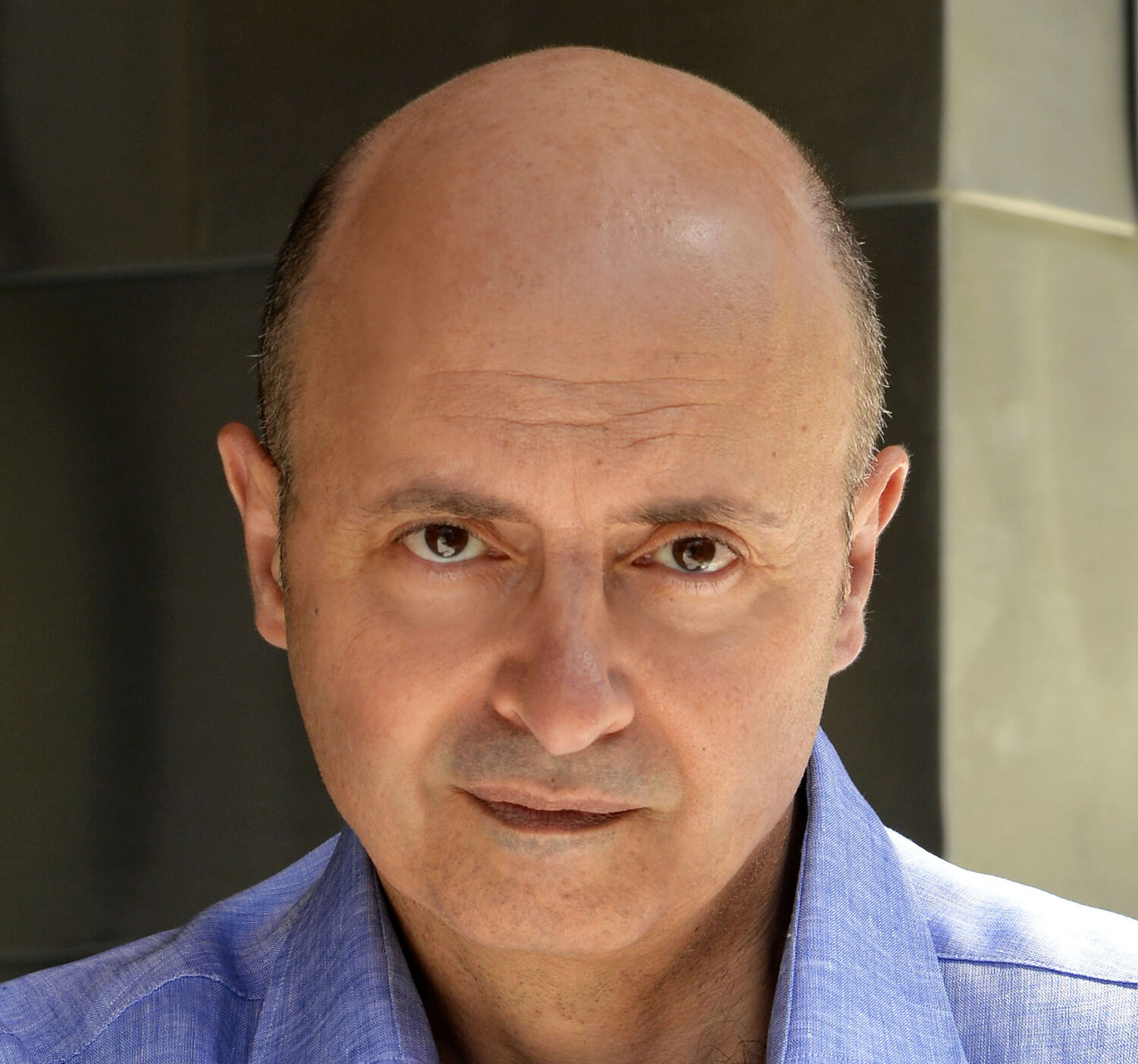I hear a lot of talk from blockchain companies and projects saying that they want to replace intermediaries.
However, the dream of the blockchain is not just disintermediation. It is about creating new models and value chains where old intermediaries don’t even play in.
Why go head-to-head against established players, if you can completely circumvent them and not even have to deal with them. Let them become a footnote in your model.
Take DeFi (decentralized finance) as an example. It is a totally new system that is completely native to the blockchain and cryptocurrencies. It has no existing equivalency in the current financial system. Yes, it is tiny in comparison with the global financial system, but native businesses typically start very small, because their starting position is zero users. DeFi players are re-inventing financial products and instruments with a crypto-based infrastructure, and that’s very innovative.
Non-fungible assets and apps based on peer-to-peer networks are other segments that have native-based trajectories, and I’d like to see these evolve further with more users.
I’m not saying that replacing current intermediaries in existing systems is not an interesting goal for blockchain projects and applications. It is part of a segment that will grow as well.
But I’m also very interested in new systems that are native, organic, original and start with nothing typically. These are generally more foundational projects that target a whole industry.
You can almost take every industry, and re-imagine it with a blockchain-based infrastructure. For example, in real estate, imagine if new homes ownerships could only be registered on the blockchain, and that a new jurisdictional system gets developed to support transactions that occur thereafter. Sadly, current laws haven’t crossed over into blockchain-based legal constructs, which means that value chains cannot be implemented end-to-end yet because we still need to interface with the current world where most of the friction remains. Hopefully, that will be developed over time.
If we can move (crypto-based) money around the world in less than 10 mins, there is hope that we can (and should) make thousands of processes more efficient as well.
The underlying infrastructure base of trust is already here. We just need to build more services on top of it.
